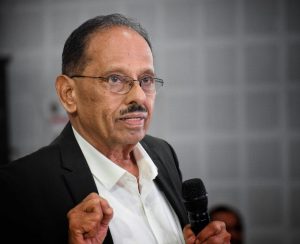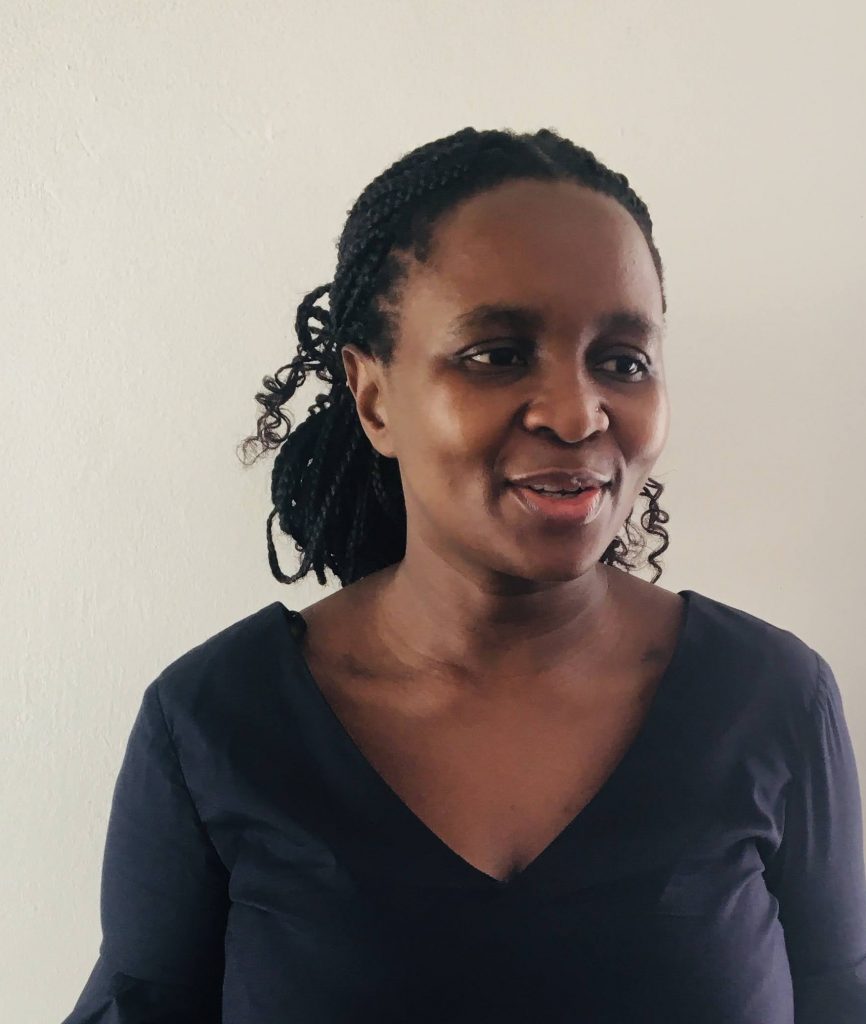Workshop session
Session 1: The importance of Science Communication and Media Relations
Overview of Science Engagement – Its Importance and Impact
This opening session will explore the role and significance of science engagement, examining perspectives from diverse countries and regions. Participants will gain insights into why science communication matters, its various applications, and its broader societal impact.
Key Discussion Points:
- Why Science Communication? Understanding its purpose and importance.
- The Role of Science Engagement in fostering public trust, policy influence, and societal impact.
- Policy and Strategic Frameworks that guide effective science engagement efforts.
Science Communication and Media Engagement
The foundation of democratizing science includes sharing innovations, technology transfer, and applying research to solve societal challenges such as poverty and unemployment. One of the most effective ways to communicate science is through the media. This session will explore media relations and their role in science communication, providing practical training on engaging the public through press and digital platforms.
Key Discussion Points:
- Preparing for Public and Media Engagement: Understanding why your research matters and why the public should care.
- Writing an Effective Press Release: What to include, what to leave out, and tailoring content for different audiences.
- Anticipating Media Responses: Preparing for high engagement or limited responses and ensuring availability once the press release is issued.
- Interview Preparation: Presenting research from a public or media-friendly perspective without sensationalizing results.
- Beyond Traditional Media: Exploring alternative methods to engage the public and expand outreach.
Take-Home Lessons:
- Techniques to make it easier for media to pick up research stories.
- Strategies to engage the public alongside media for amplified reach.
- Adapting scientific writing for different audiences.
- Interview best practices—making research engaging and accessible.
- Effective communication techniques for speaking with media and the public.
- How to simplify complex science without misinterpretation.
- Reinforcing the importance of science communication in the Global South.
This session will provide participants with the skills and confidence to effectively communicate their work to a broader audience, ensuring that scientific discoveries and advancements have a meaningful societal impact. Whether you are a scientist looking to enhance your public engagement skills or a science communicator seeking to expand your network, this session will provide valuable insights and connections, laying the groundwork for deeper discussions in future session.
Speakers
Dr A.P Jayaraman
Dr. A.P. Jayaraman started his Science, Technology and Management career at the age of 22 joining the elite Scientific Officers’ Training School of the Atomic Energy Establishment of the Government of India.
He had a remarkable career in Atomic Energy for forty years in Science Technology and Management. He retired as Head of Media Relations of Bhabha Atomic Research Centre. He also served the Directorate of Purchase and Stores.
He is a Past Chairman of the Indian Institute of Materials Management Mumbai and is a consultant on Green Supply Chain Management. Presently he is the Principal Scientific Advisor to HSNC University, Mumbai. He holds a PhD in Science, a PGDMM in Management and a Diploma in Engineering.
He is the President of STEAM Academy and the Chairperson of the National Centre for Science communicators. He is an elected member in the PCST Global Network Scientific Committee. He serves as a member of the Academic Councils of several prestigious Colleges. He is the President of Indian development Foundation.


Ms. T Mantungwa
Ms. Thembela Mantungwa has a masters degree in public relations and she is currently pursuing a PhD in Media and Communication. She has extensive experience in communication spanning over 10 years. She works at the South African Astronomical Observation and she is the chair of communication at the African Astronomical Society. Her research interests is in relational communication in particular the way in which science institutes engage with society.